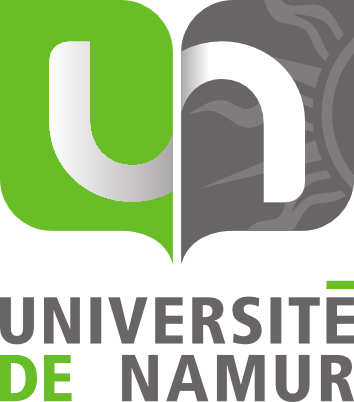Derniers événements annoncés
Les événements sont présentés par ordre chronologique dans l'agenda de l'université.
ADC | Barbecue et tournoi Pétanque et pastis
L'Assemblée des Cercles (ADC) organise un tournoi de pétanque derrière l'Arsenal. Sur les 32 équipes prévues, 10 sont réservées au membres du personnel !
Bal des Busés 2022
Accès aux rues et parkings
Mini-challenge Go To Xplore
Go to Xplore, le weekend de développement personnel, vous invite à participer à son mini-challenge juste après les examens ! Inscrivez-vous avant le 19 juin !
Ecole d'été de la créativité - La facilitation visuelle !
Découvrez la facilitation visuelle pour l’intelligence collective et le processus créatif !
Market Design for Land Trade: Evidence from Uganda and Kenya
Increasing agricultural labor productivity is key to reducing cross country income differences. Recent work suggest that inefficient and fragmented land allocation is an important contributor to low productivity.
Medinomia | Congrès médico-économique
Une organisation CHU UCL Namur. Le comité organisateur est composé de membres divers issus du secteur médical, académique, de la recherche et du développement des soins de santé. Parmi eux, la Ville de Namur, le CHU UCL Louvain, UNESSA, l'UCLouvain et l'UNamur.
Gambling on Development: Why Some Countries Win and Others Lose
During the EOS conference (jointly with UCLouvain, UNamur, KU Leuven and UAntwerp) Professor Stefan Dercon is launching his new book entitled-Gambling on Development: Why Come Countries and Others Lose
De la recherche à l'entrepreneuriat
Evènement de présentation du nouveau programme de financement Win4SpinOff du SPW Recherche.
PhD Channel, saison 2
Claire Rommelaere et l'équipe du Service AudioVisuel remettent le couvert, littéralement ;-) Quel que soit votre statut, (re)découvrez cette web-série qui évoque avec humour les difficultés des parcours de recherche !
Investment Income Inequality and Current Account Imbalances
Current account regressions show that when top income shares are added to the comprehensive set of conventional explanatory variables used by the IMF, they predict significantly larger current account deficits in a cross-section of advanced economies, but with important outliers among countries that have pursued export-led rather than finance-led growth strategies. To study this mechanism, we develop a DSGE model where the income share of top earners increases at the expense of bottom earners. Due to preferences for wealth, top earners have a much higher marginal propensity to save than bottom earners, as they do in the data. We find that, when the redistributive shock has a large positive effect on asset values, and if domestic financial markets are large, the result will be a sizeable current account deficit. On the other hand, when the redistributive shock mostly affects relative labor incomes, and if domestic financial markets are small, the result will be a current account surplus.
Cash Transfers and Formal Labor Markets: Evidence from Brazil
Cash transfer programs have expanded widely in developing countries and have been credited for sizable reductions in poverty. However, their potential disincentive effects on beneficiaries’ labor supply have spurred a heated policy debate. This paper studies the impact of a large-scale program (Bolsa Familiain Brazil) on local labor markets in a context where such concerns could be particularly strong: eligibility is means-tested and we focus on the formal labor market, where earnings are more easily verifiable. Yet, we find that an expansion of Bolsa Familia increased local formal employment, using variation in the size of the reform across municipalities. The evidence is consistent with multiplier effects of cash transfers in the local economy, which dominate potential negative effects on formal labor supply among beneficiaries.
Cérémonie de Diplomation 2020-2021 - Département des Sciences de gestion, Faculté des Sciences économiques, sociales et de gestion
Cette cérémonie, sur invitation, est réservée aux diplômés des différents masters en gestion de l'année académique 2020-2021.

